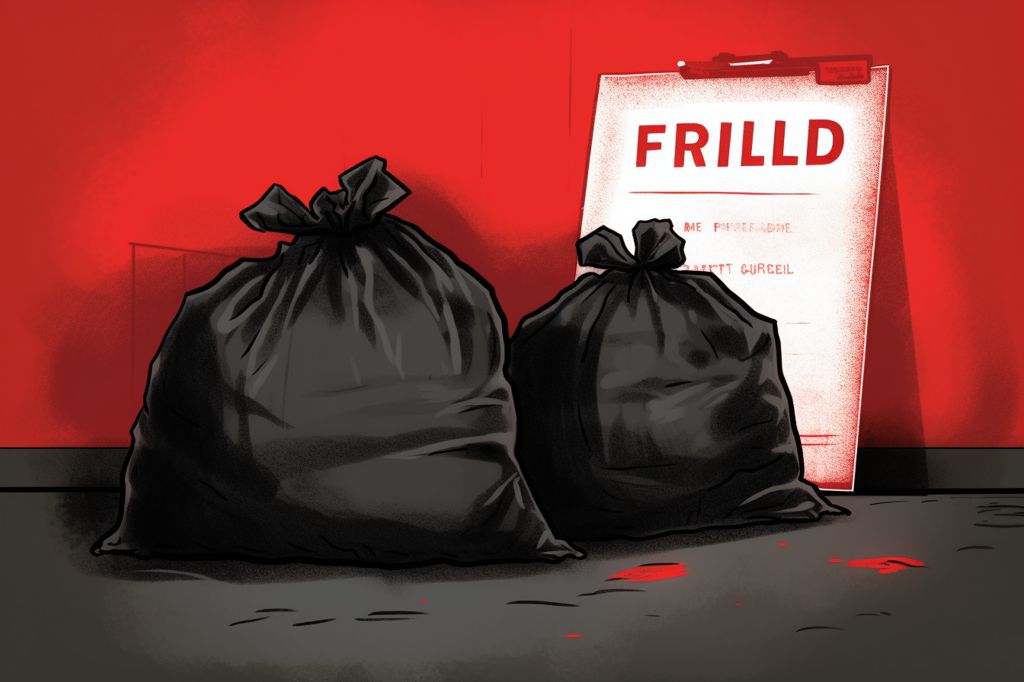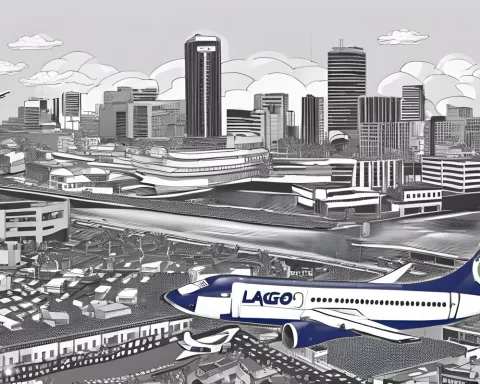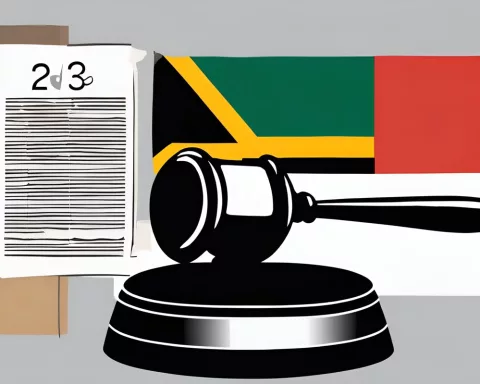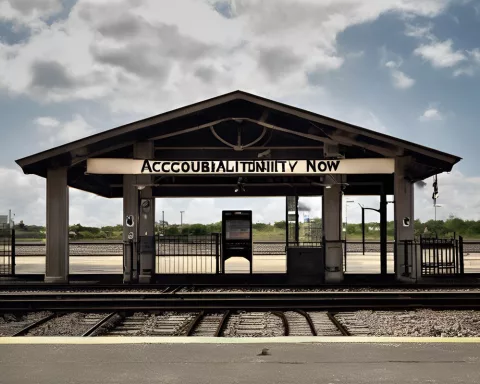The Bellville Commercial Crimes Court has recently postponed the case of Paul Matthew Hatting, who faces fraud, corruption, and money laundering charges. The allegations involve a R49 million City of Cape Town tender and provides a glimpse into the murky world of tender fraud and corruption in South Africa.
Hatting’s Role in the Tender Process
Paul Matthew Hatting was a member of the Bid Evaluation Committee (BEC) for the City of Cape Town. He is accused of concealing his conflict of interest to recommend a R49.992 million tender for the supply and delivery of black refuse bags to C’Est Gyms, a close corporation registered with Shu Wei Lu and Irene September as members.
The Involvement of C’Est Gyms
C’Est Gyms has been a service provider for the city since 2006. Although Irene September remained inactive in the company’s operations, Shu Wei Lu managed the daily activities. In addition to C’Est Gyms, three other companies were awarded the tender, which resulted in a payment of R10.4 million to Hatting’s company, where he held sole directorship and signing authority.
Hatting’s Employment History
Hatting has been employed as an administrative officer for supply chain management at C’Est Gyms’ Ndabeni store since March 2002. His roles as a storekeeper and technical advisor provided him with a comprehensive understanding of the City of Cape Town’s service providers.
The Prosecution’s Allegations
The prosecution alleges that Hatting conspired with unknown individuals to manipulate the tender process for refuse bags from C’Est Gyms. In return for his influence, the company would regularly deposit funds into his bank account.
Hatting’s Conflict-of-Interest Declaration
BEC members are required to sign a Conflict-of-Interest Declaration and disclose any conflicts they may have regarding a pending tender. Hatting signed a conflict-of-interest declaration and undertaking of confidentiality in September 2008. However, the prosecution asserts that he misrepresented himself.
Hatting’s Misrepresentations
The prosecution asserts that Hatting amassed over R49 million through these misrepresentations and used the proceeds for personal expenses. They cite 87 transactions valued at over R800,000, 39 cash withdrawals amounting to more than R2.2 million, and payments made to Mercedes Benz and McCarthy Toyota under the name PM Hatting.
Money Laundering
Hatting also transferred funds to companies he had a relationship with, including six transactions totaling R216,000 to Cosmic Gold 532 (a general trading company he purchased from his son’s mother in 2008) and 19 transactions worth over R224,000 to Ttanc Trading. These transactions are considered money laundering.
The case’s postponement to 26 June 2023 allows Hatting time to consult with his legal team. However, it highlights the ongoing challenge of corruption and unscrupulous practices in tender processes in South Africa.












